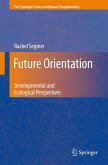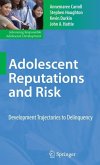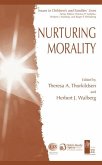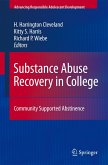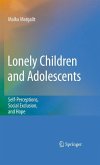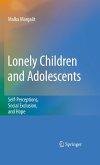By contemporary I mean a present with an anticipated future, for we must do our best to overcome clinical habits which make us assume that we have done our part if we have clari?ed the past. (Erikson, 1968, pp. 30-31). The scope of time ahead which in?uences present behavior, and is therefore to be regarded as part of the present life-space, increases during development. This change in time perspective is one of the most fundamental facts of development. Adolescence seems to be a period of particularly deep change in respect to time perspective. (Lewin, 1939, p. 879). I chose to open this book with two excerpts from Erikson's and Lewin's writings because they indicate that future orientation has had its deep roots in psychol- ical thinking, and call readers' attention to the long standing interest in two f- damental issues: the motivational power of constructed future images and their development across age. More speci?cally, Erikson and Lewin's writings und- score the importanceof future thinking for in?uencing present behavior tendencies, and point out that the ability to think about the future and realize the "scope of time ahead" increase with age, and reach a special developmental signi?cance in adolescence.
From the reviews: "Future orientation, its antecedents, and its outcomes are the focus of Rachel Seginer's book Future Orientation: Developmental and Ecological Perspectives. The book provides a comprehensive review of the theoretical approaches to future orientation, focusing primarily on adolescent development. ... Readers ... will find the book a useful reference on the topic of future orientation." (Shelia M. Kennison, PsycCRITIQUES, Vol. 54 (45), November, 2009)


